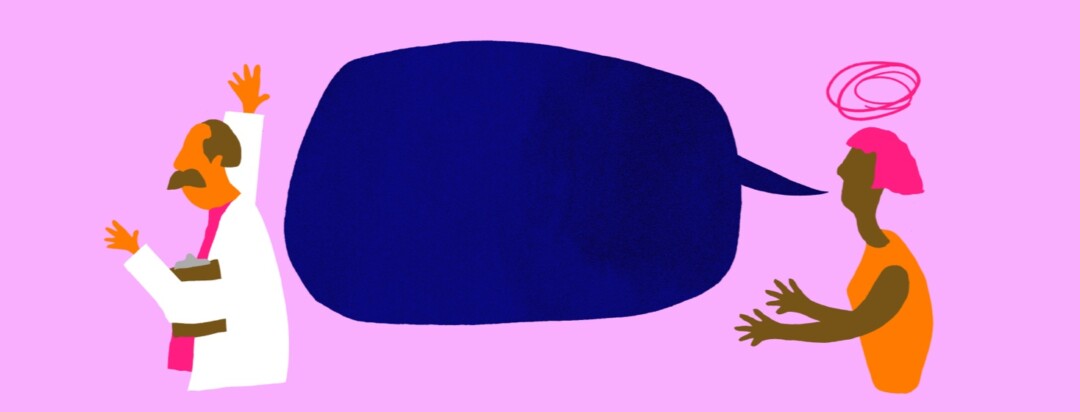Feeling Played by My Doctor
We like to think of our doctor as the source of helpful recommendations to manage multiple sclerosis (MS), right? But what if they’re actually a gatekeeper and withholding information, such as successes that other patients have had?
That’s what I experienced when it came to managing MS fatigue. Let me back up to share the full story.
Struggling with MS fatigue
I was experiencing a bout of MS fatigue. I was still able to do daily activities, but everything was just so much more of an effort.
Even though I had experienced it before, I always go back to the drawing board to see what I'm missing. I know – insert guilt, right? What did I do to trigger this? What could I have done differently to prevent this?
Right or wrong, it's how I think.
Looking into cryotherapy
Well, I had heard a lot about cryotherapy, so I started to look into it. I was shocked to find research specifically on cryotherapy and MS fatigue. I mean, what are the chances of discovering a study on something so specific? Best of all, the research suggested it could have positive outcomes!1
Still, I wanted to run it by my doctor. I didn't expect him to have the same level of excitement, but I felt good about the fact that I had a study to share with him.
I spoke with his nurse practitioner. I explained the concern I was having around the fatigue, and that I wanted to try cryotherapy to see if it could help. I told her that I would send a link to the study through the patient portal.
Asking my doctor about it
My question to her (and my doctor) was very specific: "Are there any contraindications to me trying cryotherapy for fatigue?"
I emphasize the phrasing of the question because I've learned how I position the question makes all the difference. If I just ask about something non-pharmaceutical like cryotherapy, it might easily get dismissed because the doctor doesn't have the same data on it as he does pharmaceutical drugs.
However, if I ask if there are any contraindications – in other words, any risks – to me trying it, it's easier for him to say that it's not going to harm me versus having to say if it will work or not.
Starting cryotherapy for my fatigue
When the nurse called back after speaking with my neurologist she said, "This looks great! The doctor was really interested in it and wants to know how you do with it. If this is something that helps you, he'd love to be able to share it with other patients."
Wow, what a win!
I immediately scheduled my first cryotherapy appointment. I went for 10 sessions and in the end, I can honestly say it improved my fatigue. I was surprised at how good I felt and the relief that I got from the fatigue.
Eager to share the news with my doctor
I was so eager to share my results with my doctor. The idea that he could pass this along to his other patients felt really good. It won’t be for everyone, but it’s potentially another tool in our MS toolbox to manage one of the most challenging symptoms: Fatigue.
At my next appointment, I began sharing the results with my doctor.
His response?
He didn’t even look up from my chart when I was speaking to him. He only said, “Yeah, it’s hard to tell what could have made you feel better.”
Feeling played
What? What does he mean? This is the only change I made. What about the study and his wanting to know my experience? How does a doctor who listens to patients struggling with fatigue every single day dismiss something that could help them?
I felt like I got played.
I wasn’t asking him to start recommending it to all his patients. I just wanted him to know that it helped me and that maybe others would be interested, too.
It made me wonder
It then made me wonder: Are his other patients sharing successes that he’s being the gatekeeper to? Are there suggestions that he could be passing along as “things that have helped other patients,” but he’s not doing?
It still irritates me to think about it.
In the end, I switched doctors for this and many other reasons, and I’m choosing to give voice to my experience here!

Join the conversation